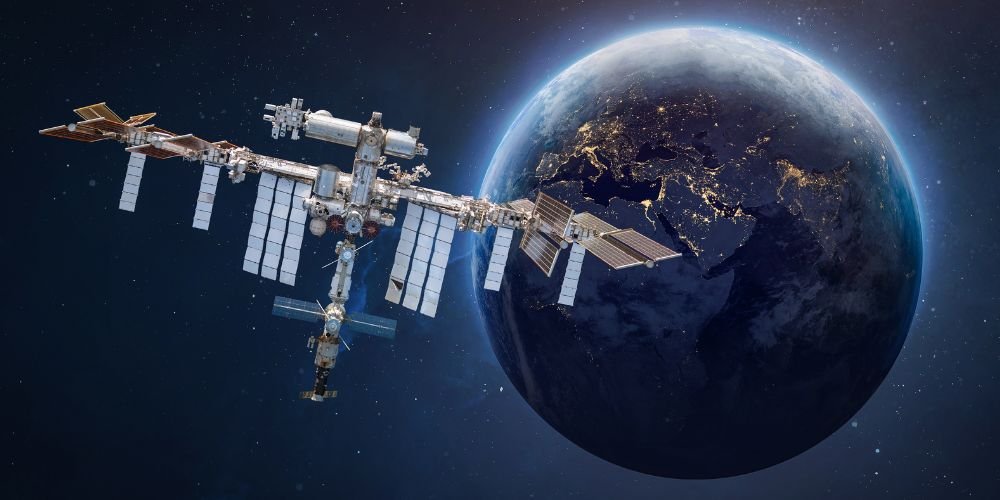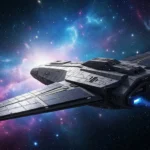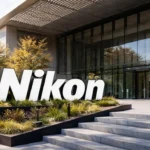Space exploration is one of humanity’s greatest endeavors, promising to unlock the mysteries of the cosmos and expand our understanding of the universe. However, this journey into the unknown is not without its challenges. From technological hurdles to logistical complexities, space exploration presents many obstacles that must be overcome to reach new frontiers and achieve ambitious goals. This article delves into the challenges of Space Exploration, highlighting the difficulties and opportunities inherent in humanity’s quest to explore the cosmos.
Understanding Space Exploration Challenges
Space exploration challenges encompass various technical, operational, and logistical obstacles that must be addressed to enable successful missions beyond Earth’s atmosphere. These challenges arise from the harsh environment of space, the vast distances involved, and the complexities of designing and operating spacecraft in the vacuum of space.
Harsh Environment of Space
The space environment poses significant challenges for spacecraft and astronauts, including extreme temperatures, vacuum, and radiation. Spacecraft must withstand temperature variations from extreme cold to intense heat, as well as the vacuum of space, which can cause materials to degrade and equipment to malfunction. Radiation from the sun and cosmic rays presents additional hazards to both humans and electronics, requiring shielding and protective measures to ensure the safety of astronauts and spacecraft.
Vast Distances and Travel Times
The vast distances between celestial bodies present challenges for space exploration missions, requiring spacecraft to travel vast distances over extended periods. Travel times to distant destinations, such as Mars or the outer planets, can range from months to years, posing logistical challenges for mission planning, crew health, and resource management. Long-duration space missions require careful consideration of life support systems, radiation shielding, and psychological factors to ensure the well-being and safety of astronauts during extended space travel.
Complexities of Spacecraft Design and Operation
Designing and operating spacecraft for Space Exploration Challenges missions is a complex endeavor that requires advanced technology, engineering expertise, and rigorous testing. Spacecraft must be equipped with propulsion systems, navigation instruments, communication systems, and scientific instruments tailored to each mission’s specific requirements. Spacecraft design must also consider factors such as weight constraints, power requirements, and thermal management to ensure the functionality and reliability of onboard systems in the harsh environment of space.
Addressing Space Exploration Challenges
Despite the formidable challenges of space exploration, scientists, engineers, and space agencies are working tirelessly to overcome these obstacles and push the boundaries of human exploration further into the cosmos. Innovative technologies, international collaboration, and strategic planning are key to addressing the challenges of space exploration and enabling successful missions to explore new frontiers.
Innovative Technologies
Advancements in technology are driving innovation in Space Exploration Challenges, enabling new capabilities for spacecraft design, propulsion systems, and scientific instruments. Breakthroughs in materials science, robotics, and artificial intelligence are revolutionizing spacecraft design and operation, making space missions more efficient, reliable, and cost-effective. Innovative technologies such as ion propulsion, 3D printing, and autonomous navigation pave the way for future space exploration missions to explore distant planets, asteroids, and beyond.
International Collaboration
International collaboration plays a crucial role in addressing the challenges of space exploration and pooling resources, expertise, and capabilities from space agencies worldwide. Collaborative initiatives such as the International Space Station (ISS), the Artemis program, and international partnerships for lunar exploration bring together countries and space agencies to share knowledge, technology, and resources for advancing human Space Exploration Challenges. International collaboration fosters cooperation, promotes scientific discovery, and enables ambitious goals for exploring the cosmos beyond Earth’s orbit.
Strategic Planning and Mission Design
Strategic planning and mission design are essential for addressing space exploration challenges and ensuring the success of space missions. Mission planners must carefully consider mission objectives, scientific goals, and operational requirements when designing spacecraft and mission profiles for exploring the cosmos. Planning for contingencies, managing risks, and optimizing mission architecture are critical to maximizing mission success and achieving scientific objectives in space’s harsh, unforgiving environment.
Future Directions in Space Exploration
As humanity looks to the future of space exploration, overcoming the challenges of space travel will be essential for realizing ambitious goals such as crewed missions to Mars, asteroid mining, and interstellar travel. Advances in technology, international collaboration, and strategic planning will drive progress in addressing Space Exploration Challenges and unlocking human exploration’s potential beyond Earth’s orbit.
Advancements in Propulsion Systems
Advancements in propulsion systems, such as nuclear propulsion, solar sails, and ion engines, promise to enable faster and more efficient space travel to distant destinations in the solar system and beyond. Breakthroughs in propulsion technology will reduce travel times, increase mission flexibility, and open up new possibilities for exploring the cosmos beyond Earth’s orbit.
Sustainable Space Exploration
Sustainable space exploration practices are essential for addressing environmental concerns, preserving celestial environments, and ensuring the long-term viability of human exploration beyond Earth’s orbit. Sustainability principles, such as in-situ resource utilization (ISRU), waste recycling, and environmental stewardship, will minimize the ecological footprint of space missions and enable long-term human presence in space.
Interdisciplinary Research and Collaboration
Interdisciplinary research and collaboration across scientific disciplines will be key to addressing the challenges of space exploration and advancing our understanding of the cosmos. Collaboration among space agencies, academia, industry, and international partners will foster innovation, promote knowledge exchange, and drive progress in overcoming the technical, operational, and logistical obstacles to space travel.
Conclusion
Space exploration challenges are formidable but not impossible. With determination, innovation, and collaboration, humanity can overcome the obstacles of space travel and realize the dream of exploring the cosmos beyond Earth’s orbit. By addressing the challenges of space exploration, we can unlock the mysteries of the universe, expand human knowledge, and inspire future generations to reach for the stars.





